The New, Ultra-Thin Piaget Polo Skeleton
A whole new look for Piaget's luxury sports watch. Thinner, bolder and now skeletonized.
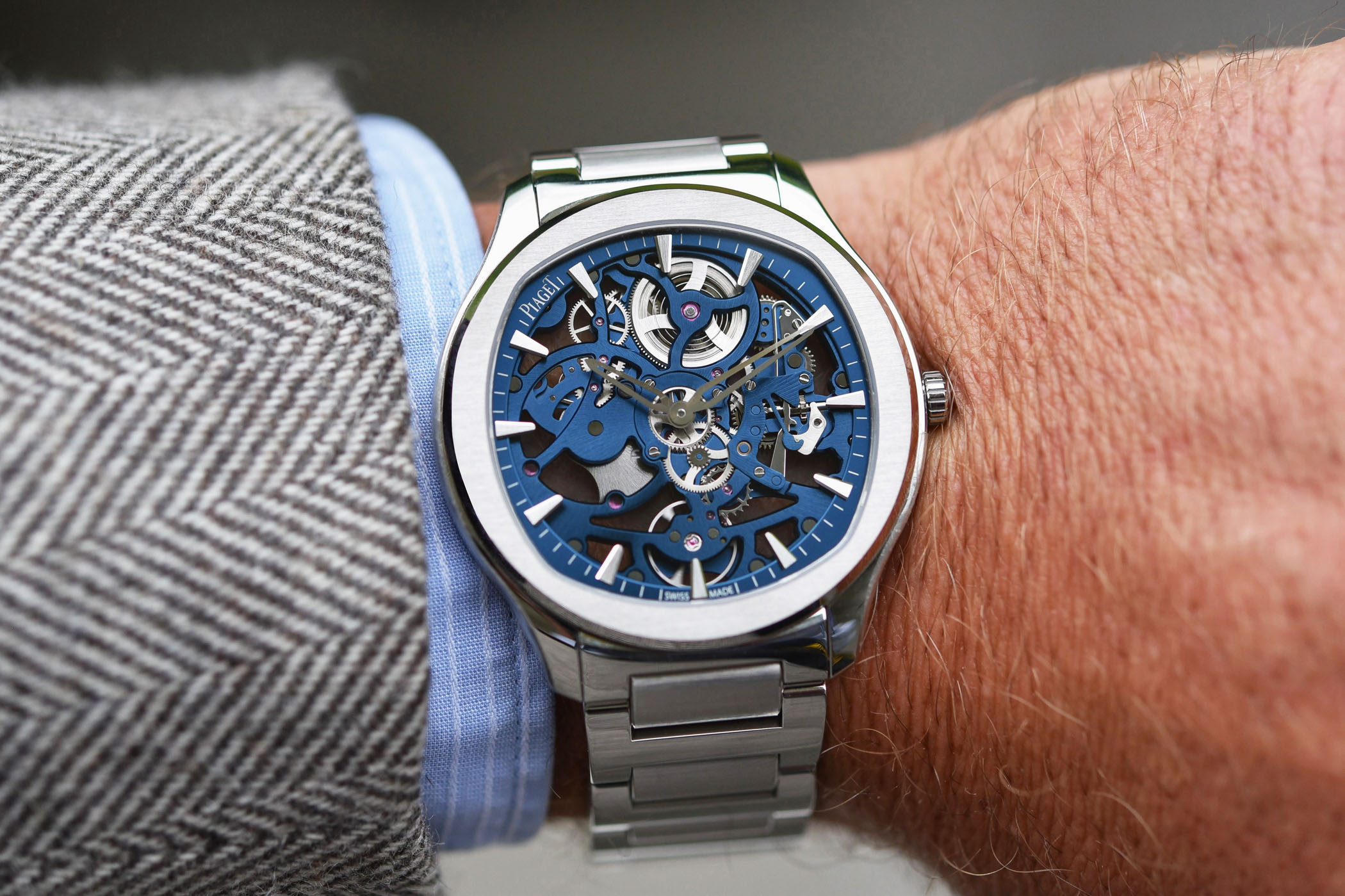
Polo is an important name for Piaget. Since its creation in 1979, the collection has been the brand’s incarnation of the luxury sports watch… sporty, but dressy enough for formal situations, with the elegance that you can find in any Piaget watch. The collection, which was revamped in a new style in 2016 with time-and-date and chronograph options, now expands with an ultra-thin skeleton version revealing its mechanical heart in all its glory. And we go hands-on with this brand new and striking Piaget Polo Skeleton.
The competition is heating up in the luxury sports watch. The new Polo Skeleton illustrates key areas of the Piaget expertise: the brand’s longstanding ability to create elegant ultra-thin watches, to play with shapes and materials and to turn a movement into a miniaturized piece of architecture.
From the 1950s, Piaget has made a name for itself as one of the uncontested masters of ultra-thin, always trying to put this specific know-how at the service of aesthetics. A savoir-faire that has been redefined recently with the Altiplano Ultimate Concept, the thinnest mechanical watch ever. This spirit is still with the new Piaget Polo Skeleton, which combines the brand’s sporty yet elegant Polo case with one of the thinnest automatic movements available on the market (at 2.4mm), the openworked Piaget 1200S1 calibre, wound by a micro-rotor. If the movement is not a completely new development, this skeletonized version of the 1200P is presented here in a new light with refined finishes.
In this respect, Piaget did a great job incorporating a contemporary openworked calibre to create a clean, modern-looking design with harmonious curves, beautiful contrasts and sophisticated use of materials. The skeletonization work allows light to play beautifully on the core of its intricate construction. Available in either slate galvanic grey or in blue PVD – which is the signature hue of Piaget – the colour contributes to the bold character of the watch. Running at 3Hz, this 1200S calibre stores about 44 hours of energy when fully wound. The skeletonized hands show the hours and minutes and time is indicated with applied faceted markers attached to the inner flange.
Taking a look at the 42mm cushion-shaped case, the Piaget Polo Skeleton impresses with its lithe 6.5mm profile, seriously thinner than the previous versions. It retains the model’s characteristic flat round bezel and its distinctive shaped dial opening introduced in 2016. The alternating polished and satin-brushed surfaces catch the light beautifully and add to the elegance of the watch.
The Piaget Polo Skeleton is delivered with an integrated H-link steel bracelet and an alligator leather strap (matching the colour of the movement) that offer different style options. Thanks to a practical fast-release system, you can switch between the bracelet and the strap in just seconds, without the need for tools. On the wrist, the watch has great presence, looks good and is extremely comfortable… And it is simply a great showcase of the brand’s watchmaking expertise and capabilities. Price is set at CHF 28,700.
For more information, please visit www.piaget.com.

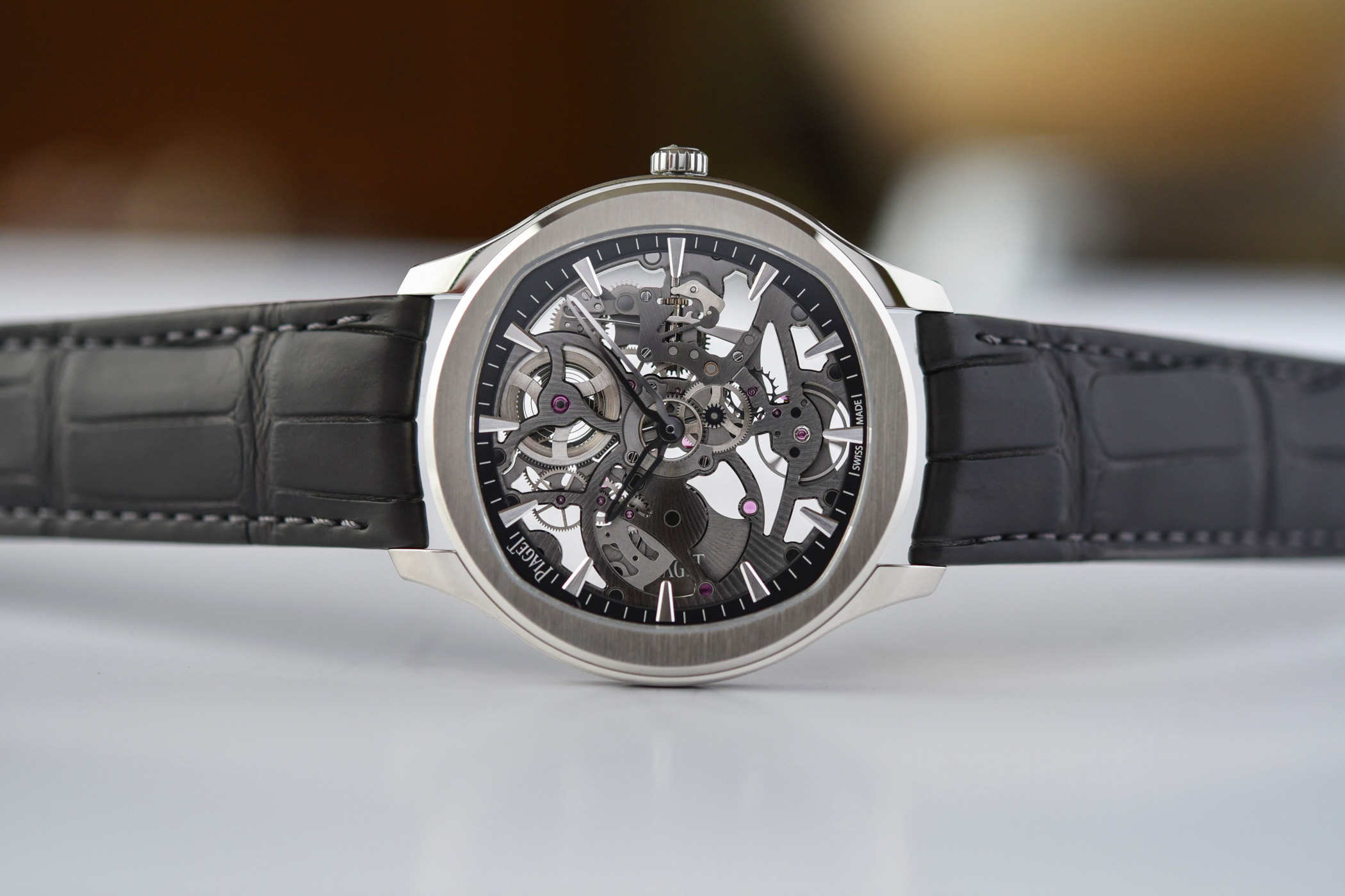
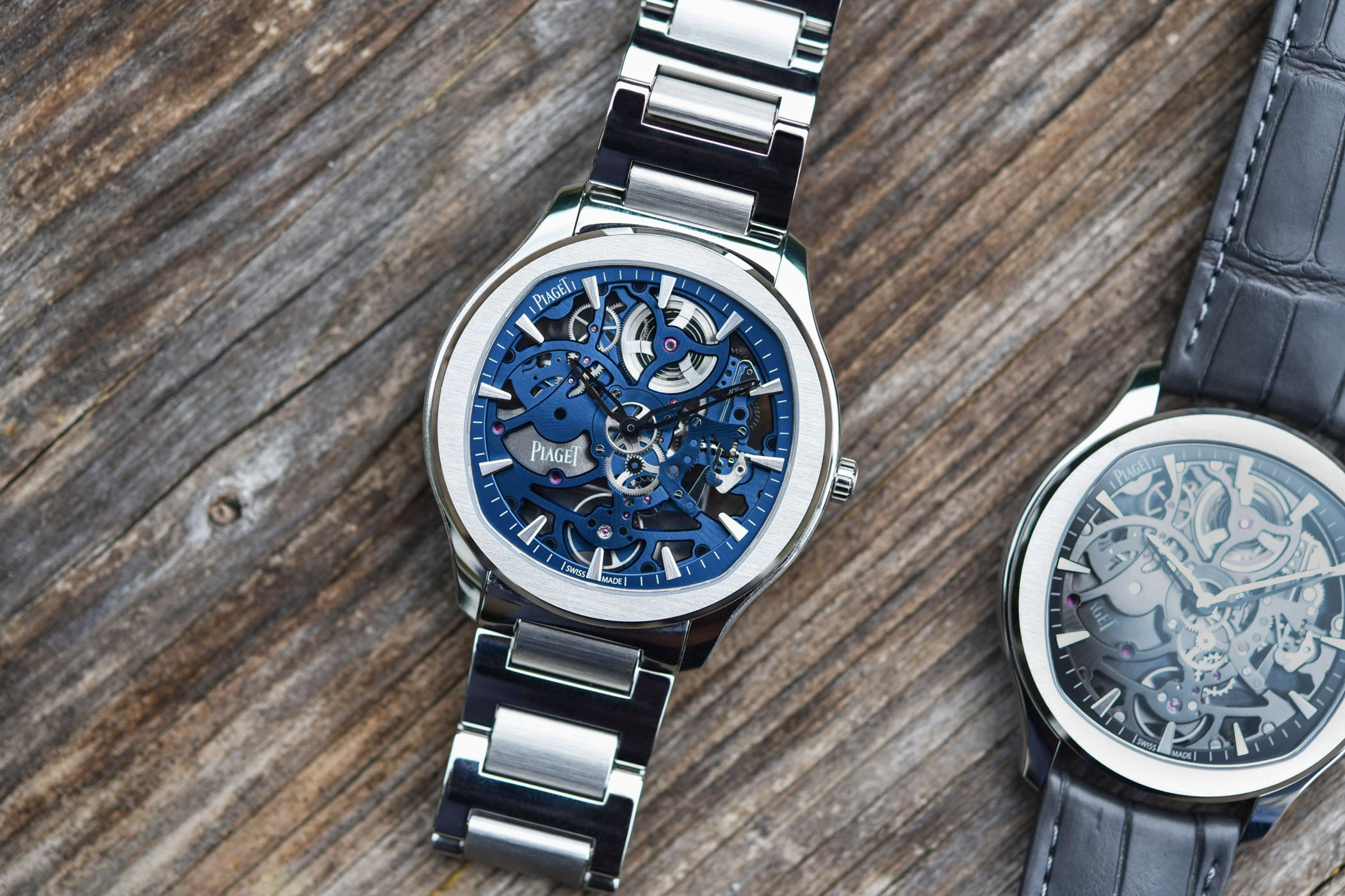
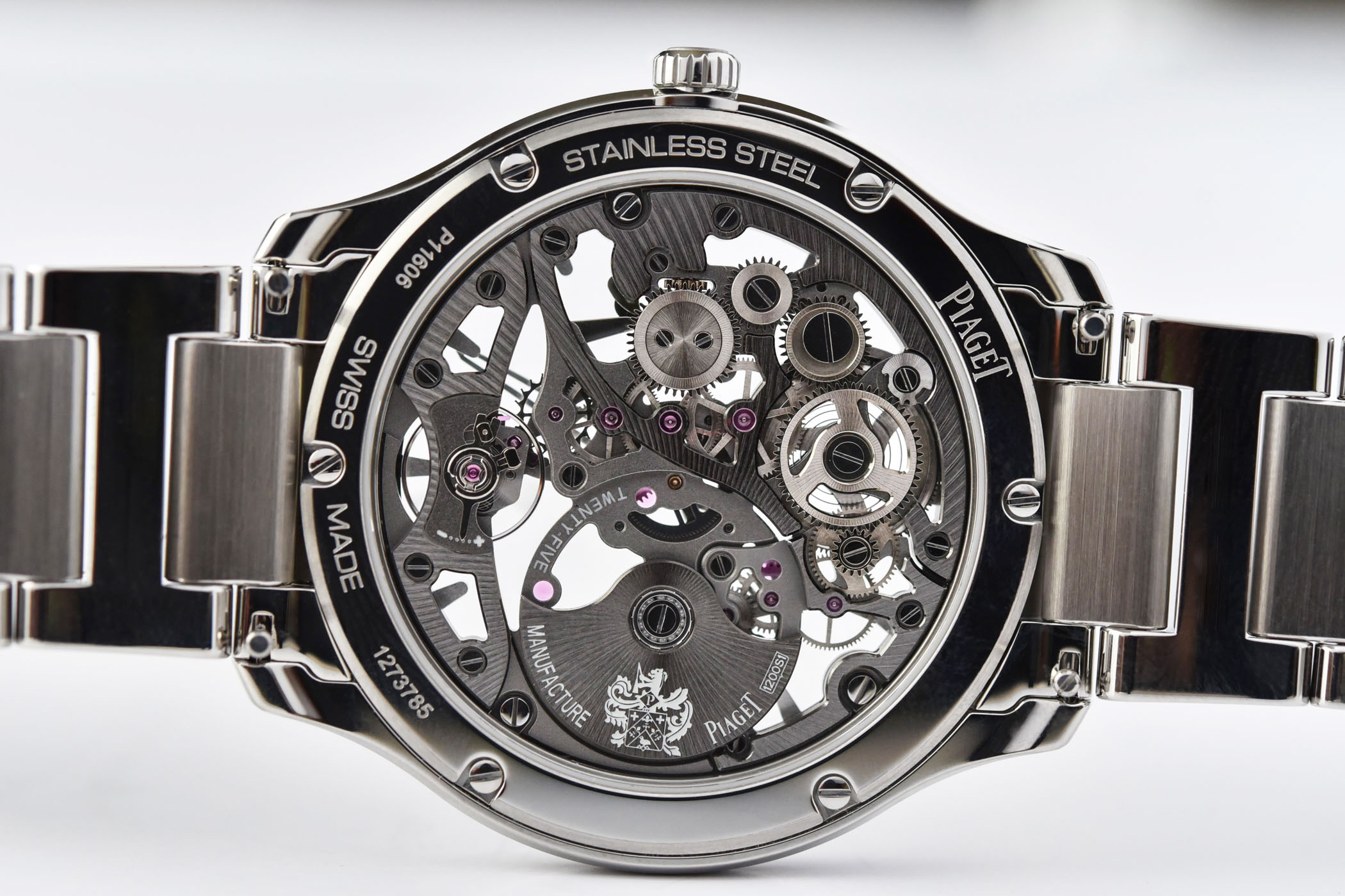
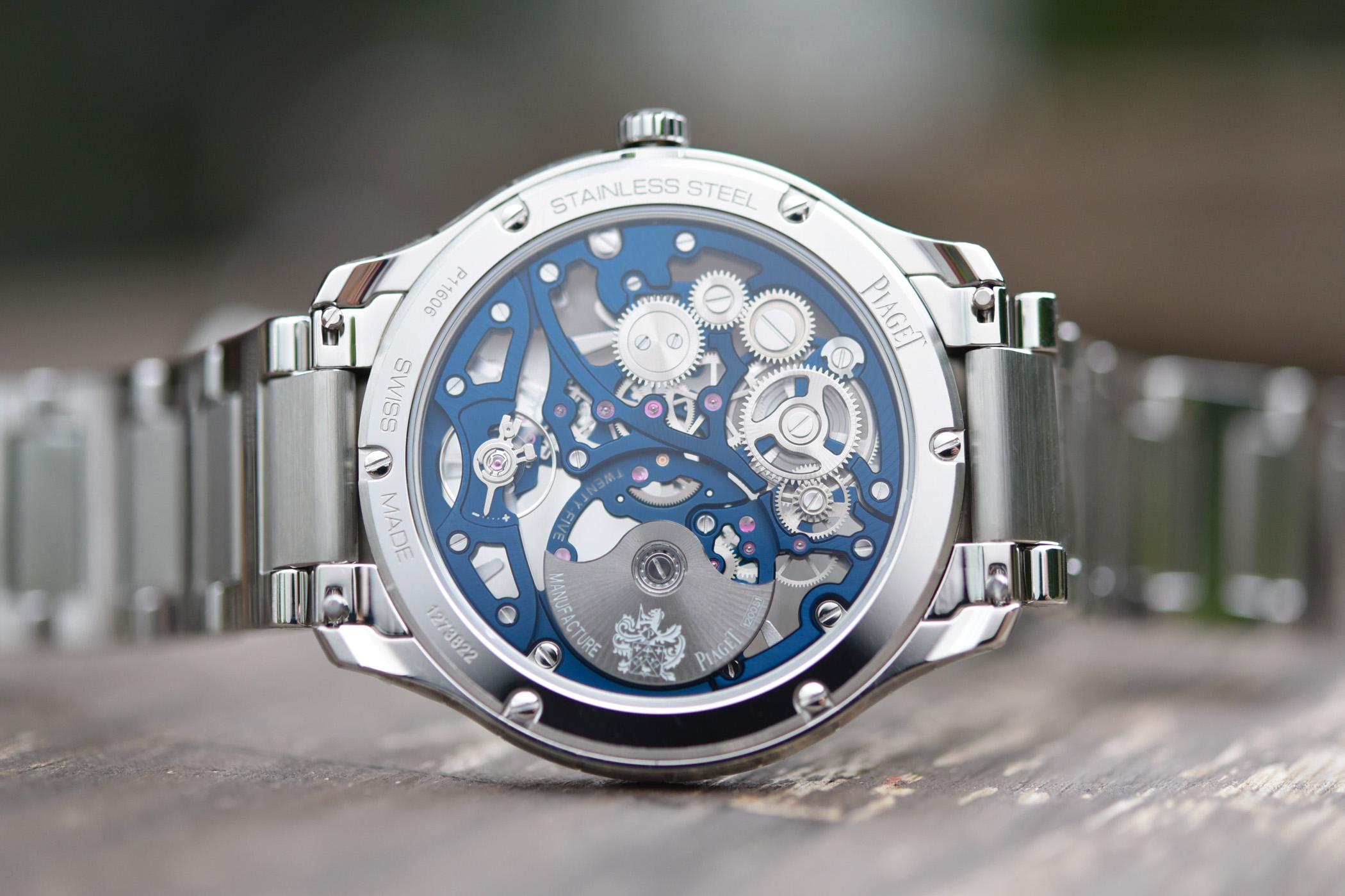
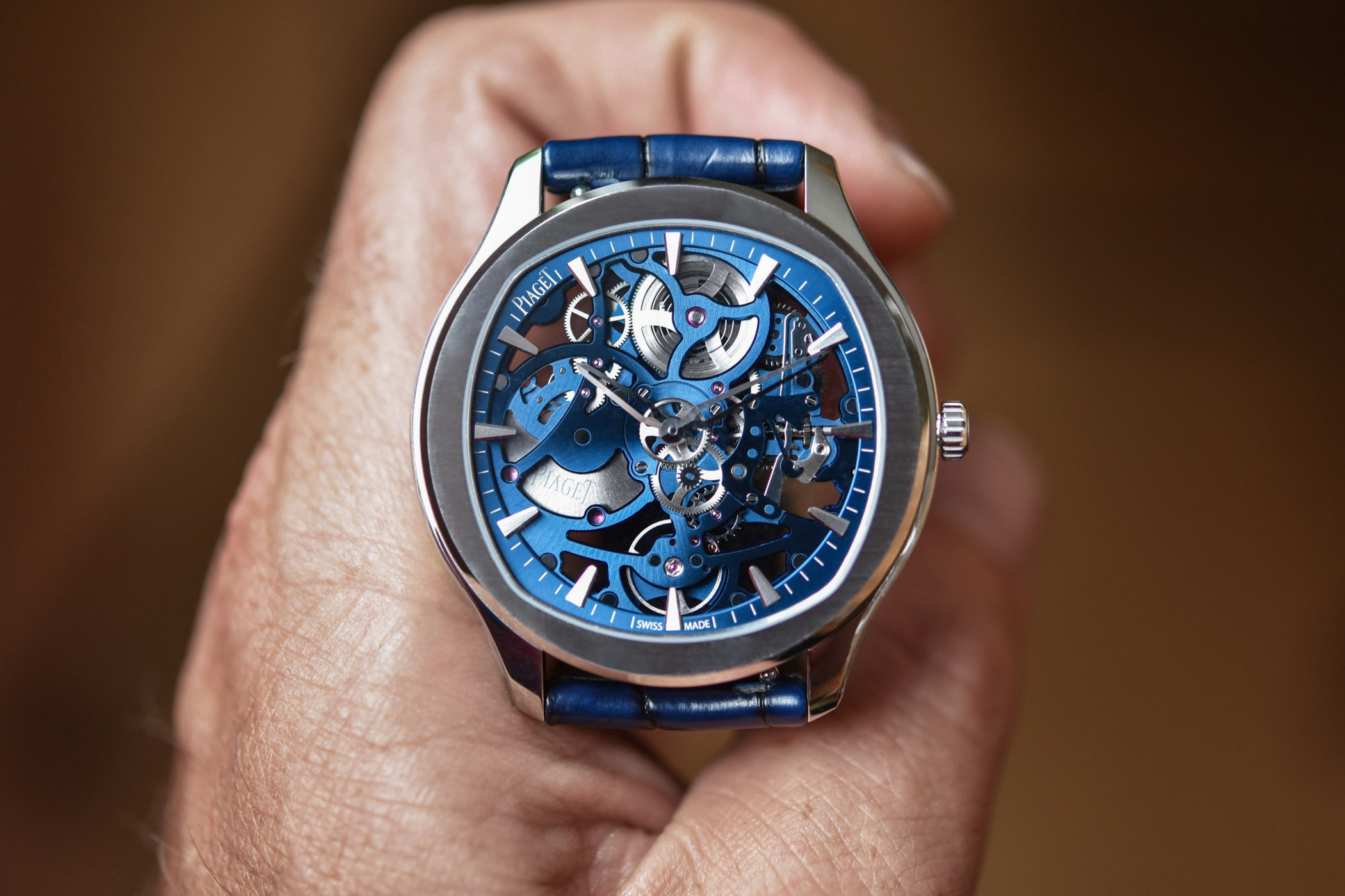
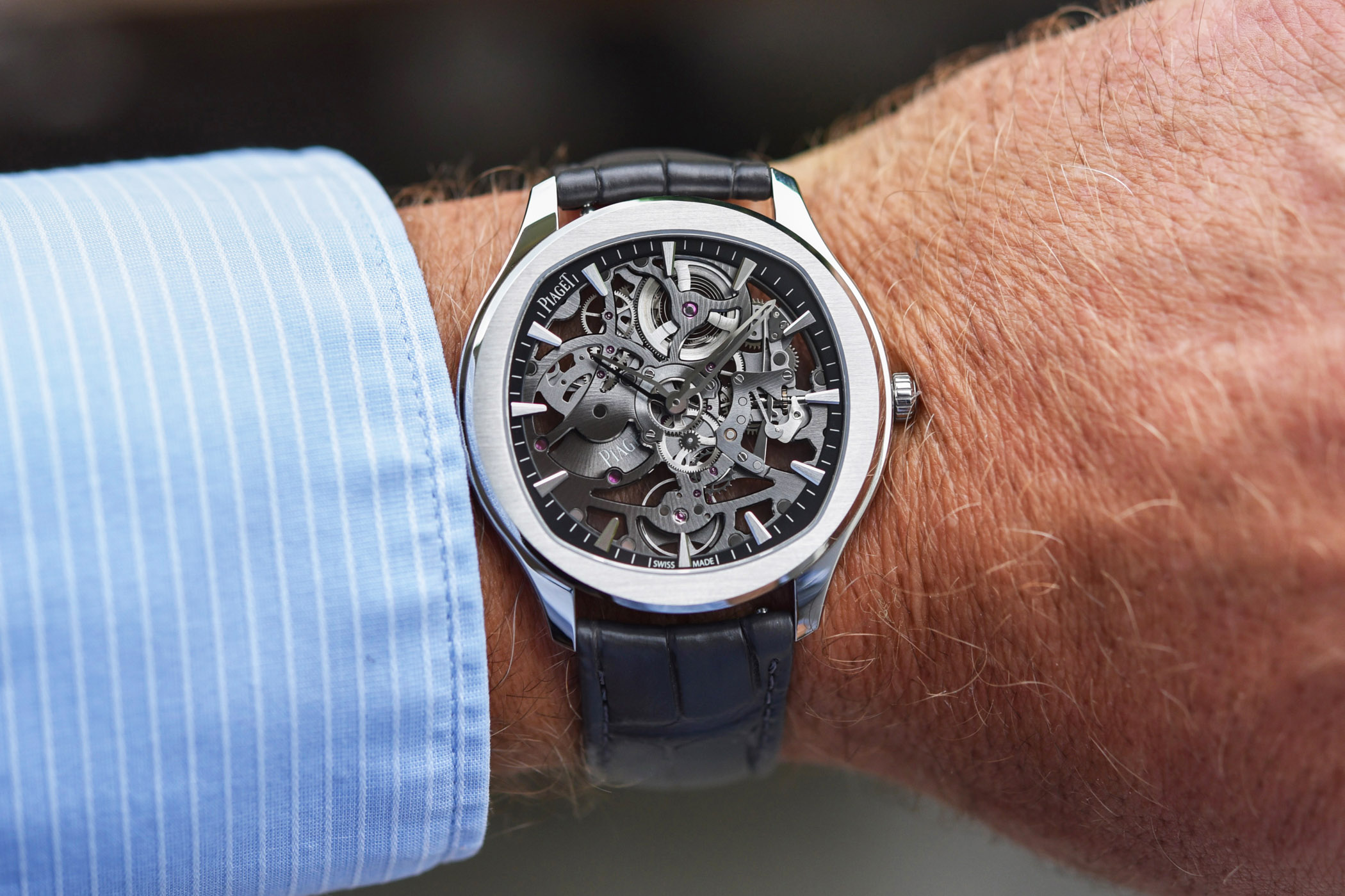
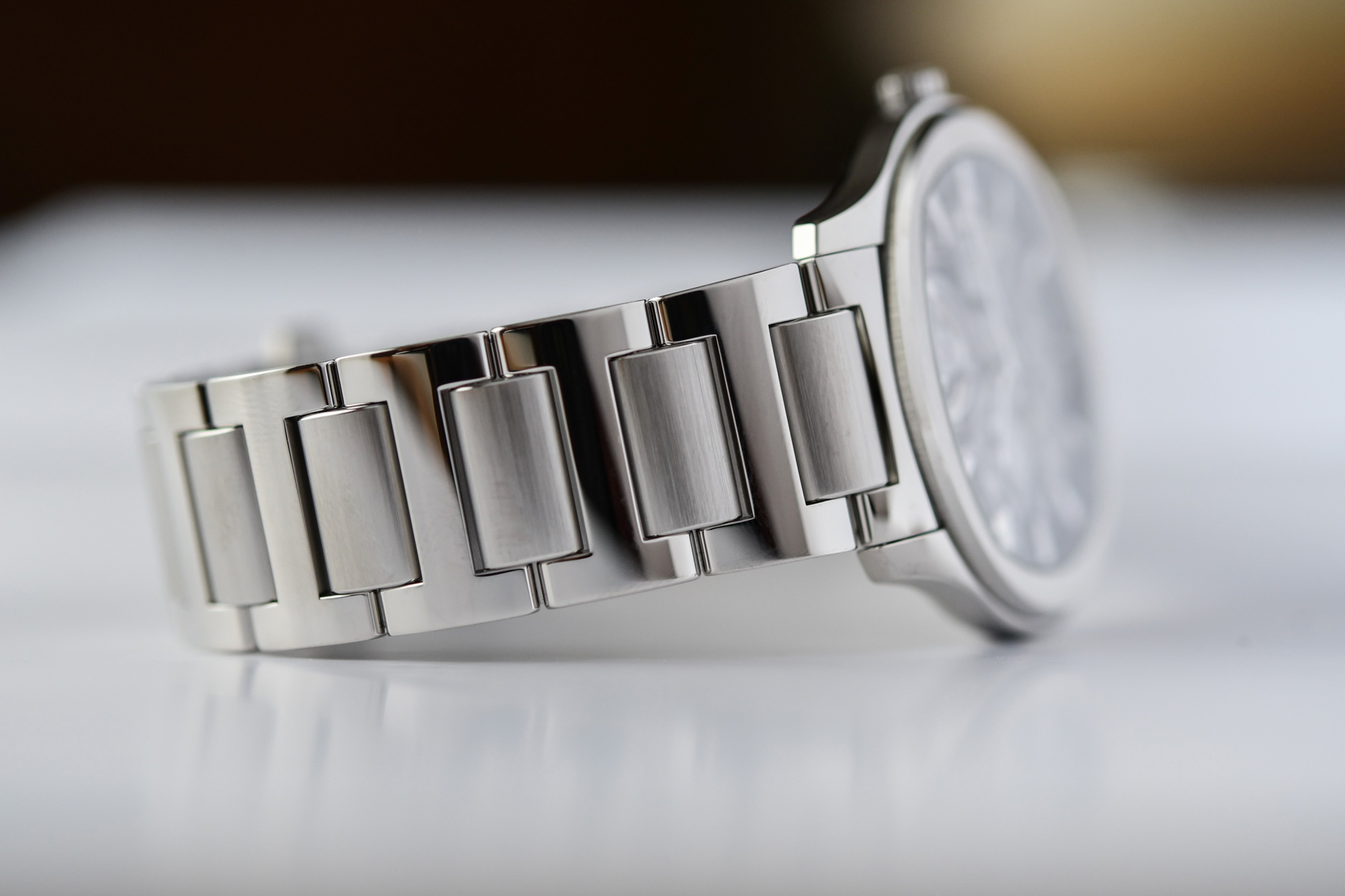
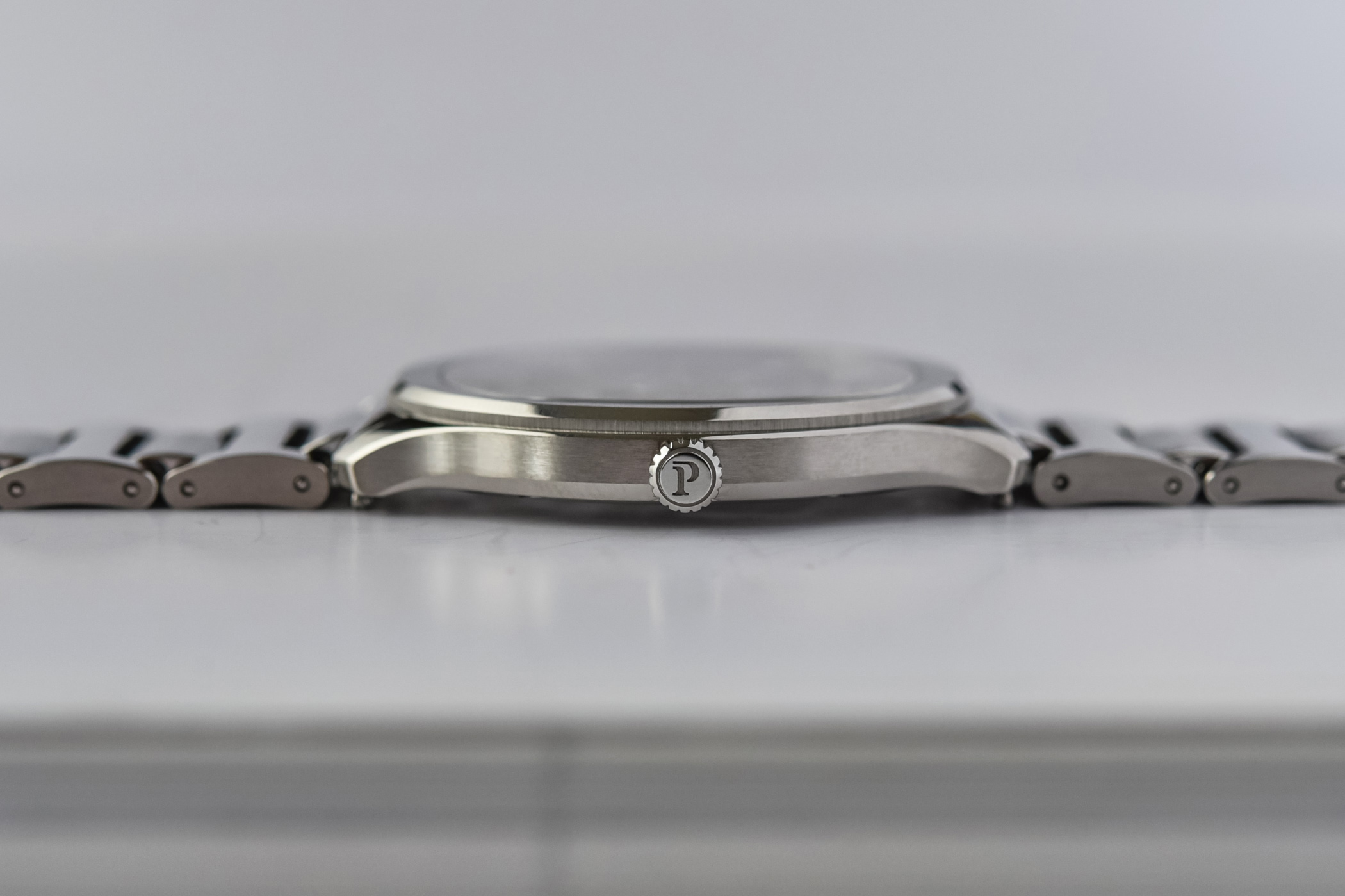
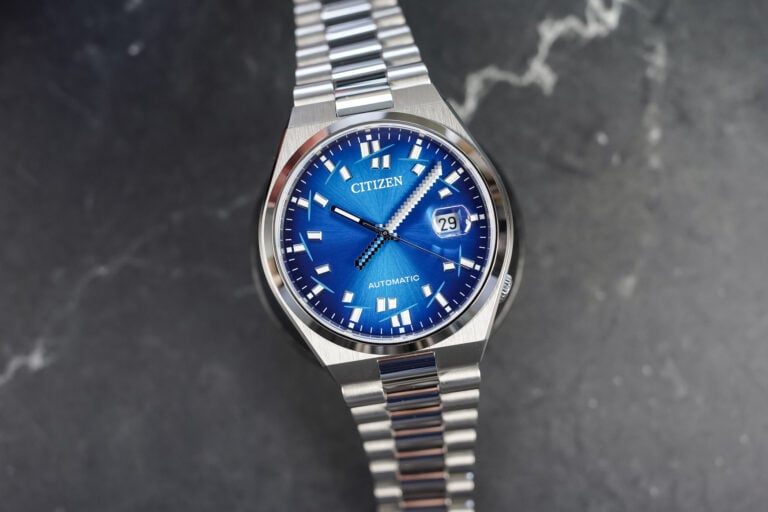
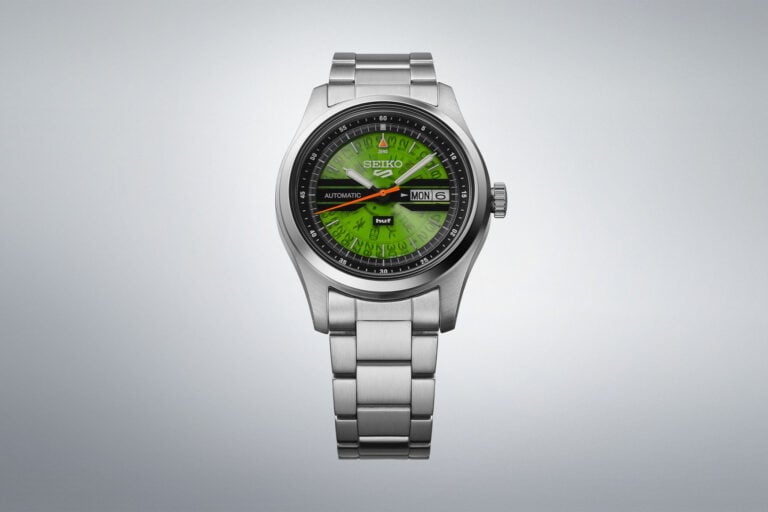
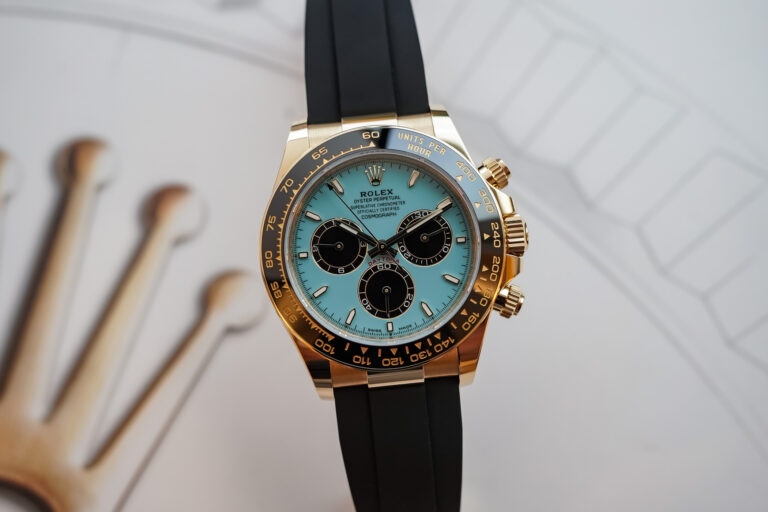
3 responses
The Polo S is a very nice watch but what has always kept me from buying it is the bracelet which needs an upgrade because it feels very cheaply made and not worthy of a product coming from the house of Piaget.
This Polo could be a very interesting watch, when the dial was better readable. I don’t understand why the hands need to be open worked as well, on that quite busy but interesting back ground.
Who the hell is going to pay $30K for this when you can buy Neo Bridges for $20K!?